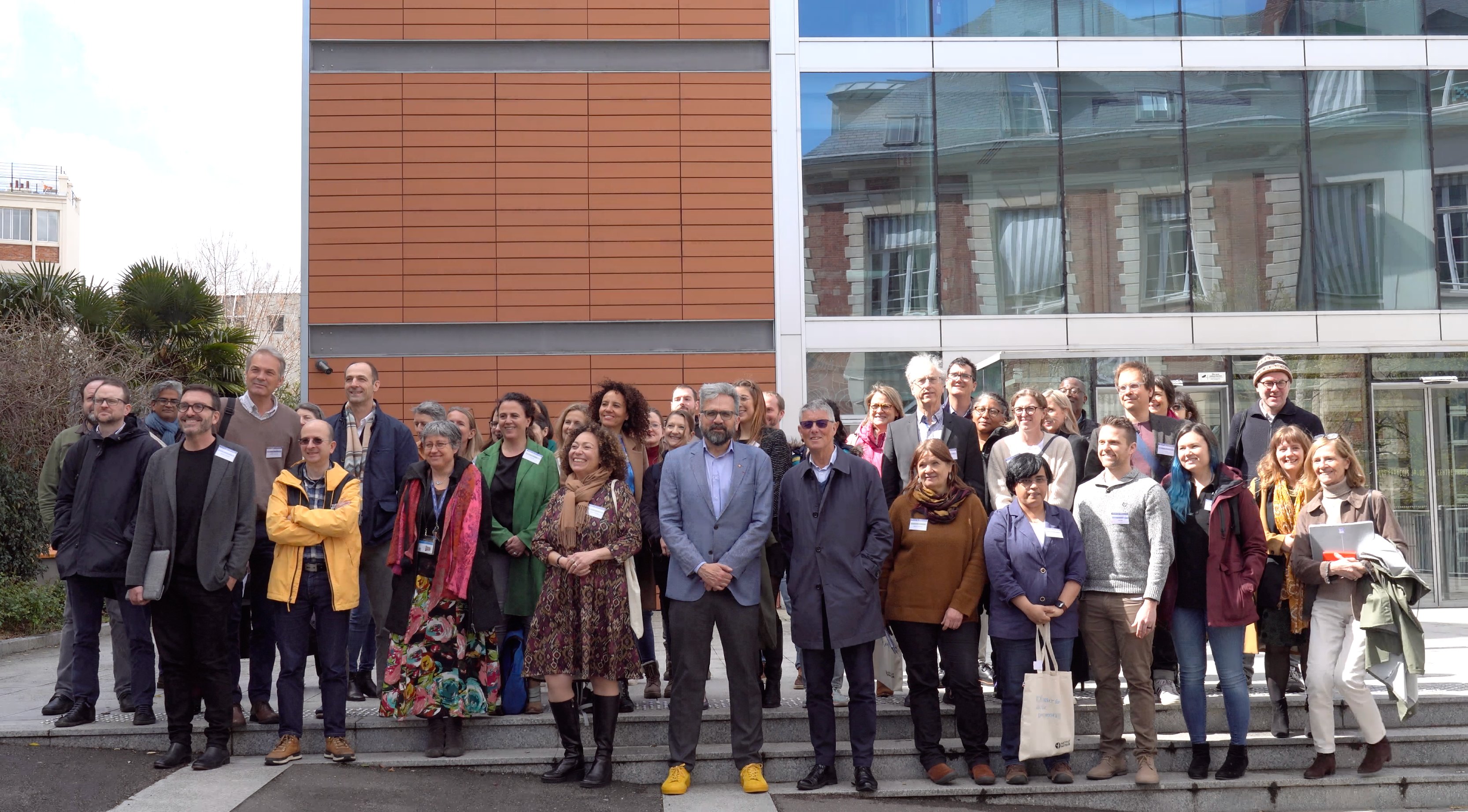
The Institut Pasteur thrives on increasing its global health impact through the strengthening of essential biomedical research activities and their translation into biomedical innovations and technologies. The Quantitative Biology program of the Institut Pasteur intends to facilitate research innovation at the interface of infectious biology and quantitative sciences.
The Edmond J. Safra Center for Bioinformatics promotes TAU as a leading force in the field of bioinformatics towards the development of novel drugs and biomedical technologies that will improve human health. The Blavatnik Center for Drug Discovery aims to turn excellent multidisciplinary science into therapeutics leads.
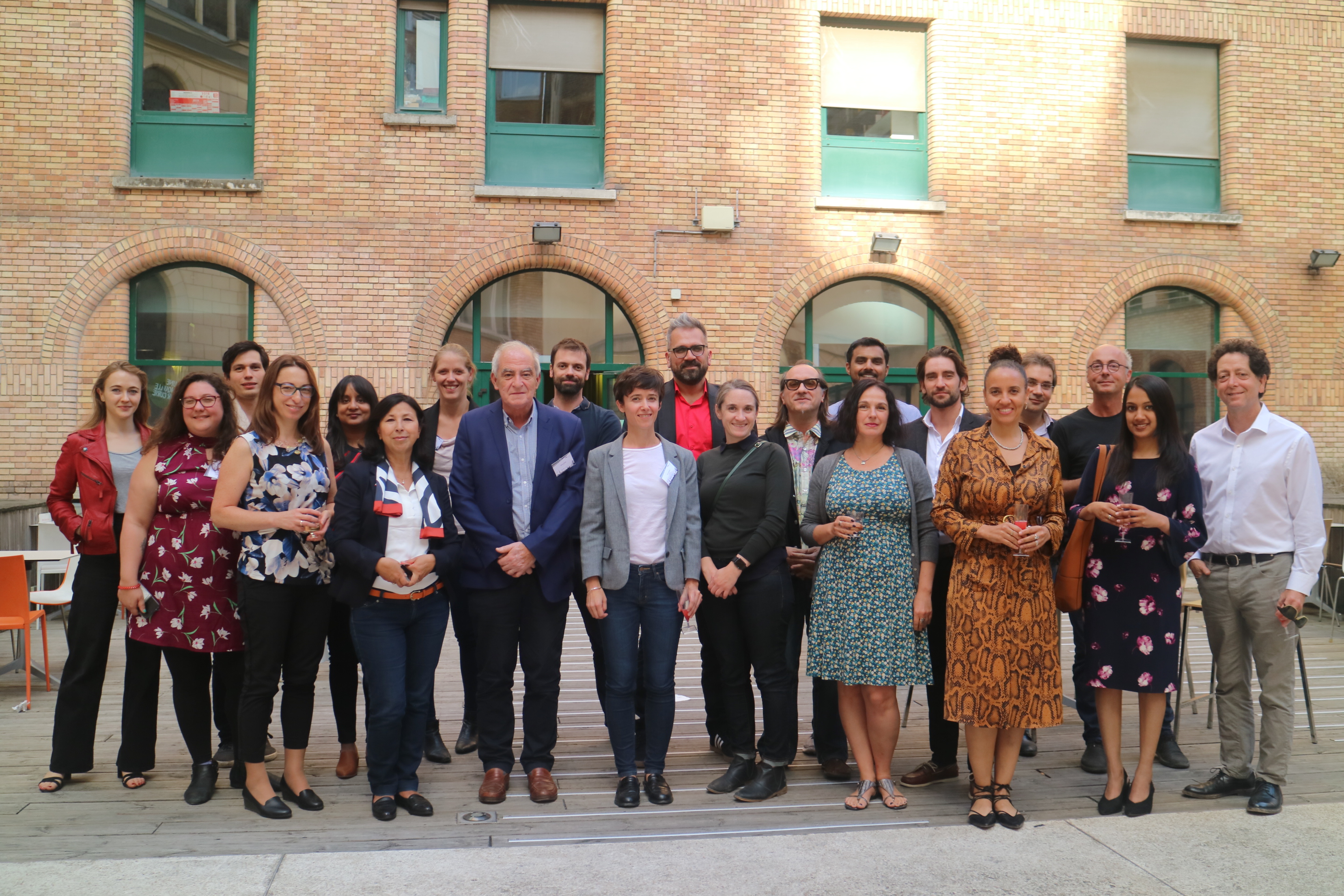
Institut Curie, a private non-profit foundation recognized as a public-interest institution since 1921, is a major player in the fight against cancer, comprising France’s leading cancer research center and a world-class hospital group. PSL-QLife aims at shedding light on complex biological systems and processes using quantitative approaches at multiple spatial and temporal levels by fostering close collaboration between life scientists, chemists, physicists, computational scientists, mathematicians, and engineers.
Systems Biology Ireland (SBI) at University College Dublin (UCD) specializes in the analyses and modeling of cellular signal transduction networks with a particular focus on developing new diagnostics and treatment strategies for cancer and inflammatory diseases.
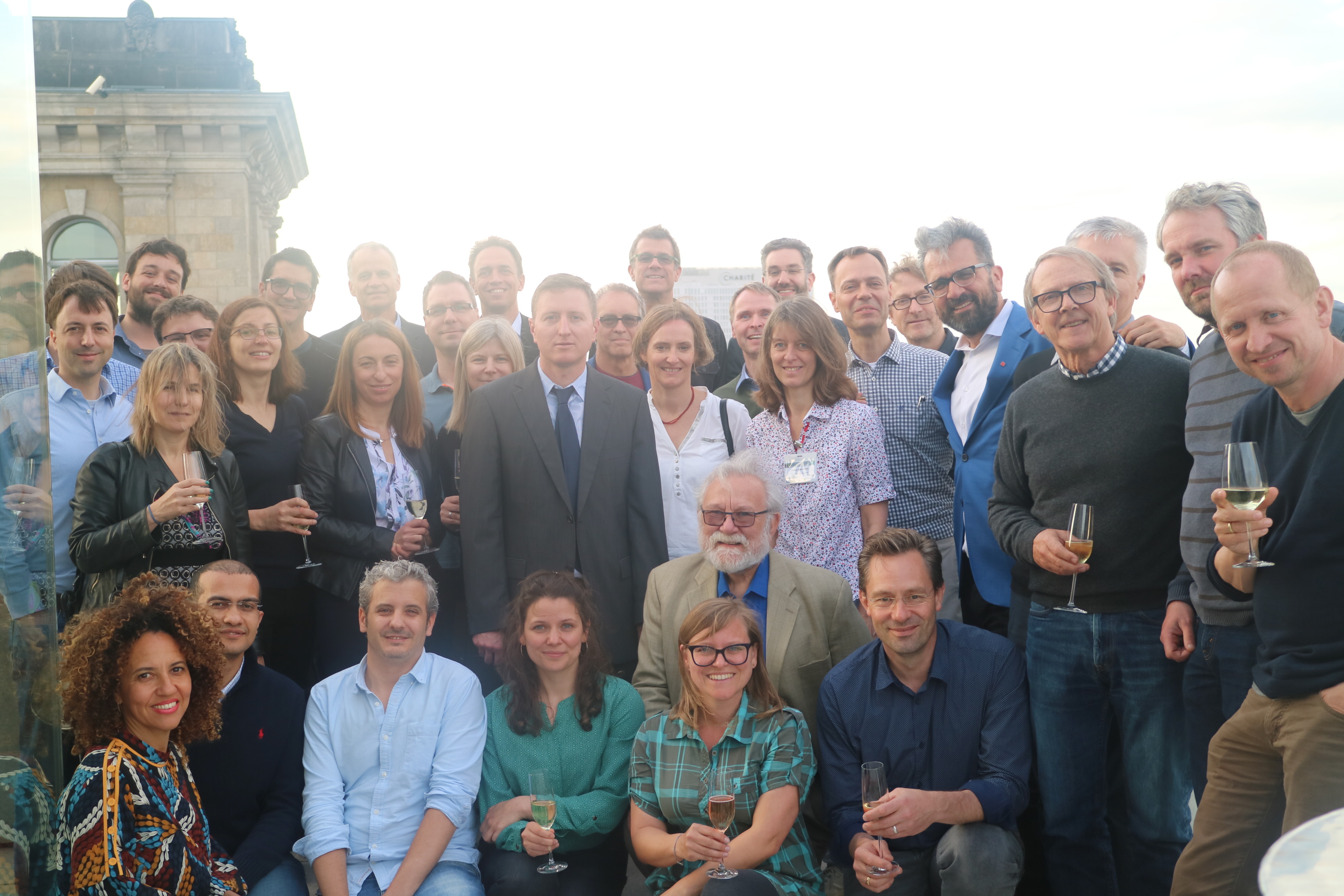
The Department of Biology, Chemistry and Pharmacy at Freie Universität Berlin (FUB) seeks to translate the insights from atomistic descriptions of macromolecular structure to fundamental questions in biology, chemistry and medicine.
The Francis Crick Institute focuses on enhancing the world’s understanding of the fundamental processes of life, to transform the prevention, diagnosis and treatment of human disease.

The focus at Roche is on finding new medicines and diagnostics and establishing data-based insights that evolve the practice of medicine. Roche is a leading provider of in-vitro diagnostics and a global supplier of transformative innovative solutions across major disease areas.
The UVRI engages in health research pertaining to human infections and disease processes associated with or linked to viral etiology and provides expert advice, enables partnerships and communication and serves as a center for training and education.
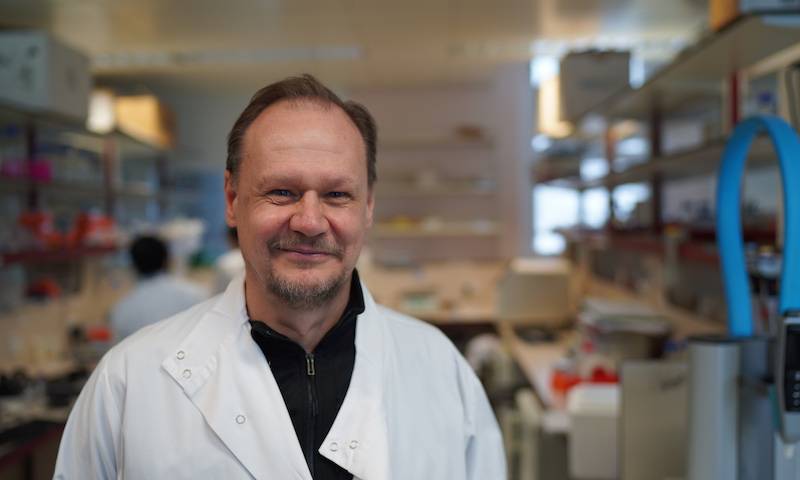
Research in the Towers lab at UCL focuses on understanding the molecular details of host-virus interactions, to develop novel therapeutic approaches for viral infection and to use viruses to help understand mammalian cell biology and evolution.
The College of Medicine and Allied Health Sciences (COMAHS) at the University of Sierra Leone has a primary mandate to produce doctors, nurses, pharmacists, biomedical scientists and laboratory technicians with a view of improving the health care delivery system in Sierra Leone. Hence, the College has strategically cemented its position as a leading institution in national health research and capacity strengthening in Sierra Leone by generating the much needed evidence to inform policies and practices in the area of health. The College is also involved in needs-based research activities at both national and international levels to ensure that it continues to play a key role in the health system as well as in rebuilding and strengthening the nation’s socio-economic development at both national and international levels.
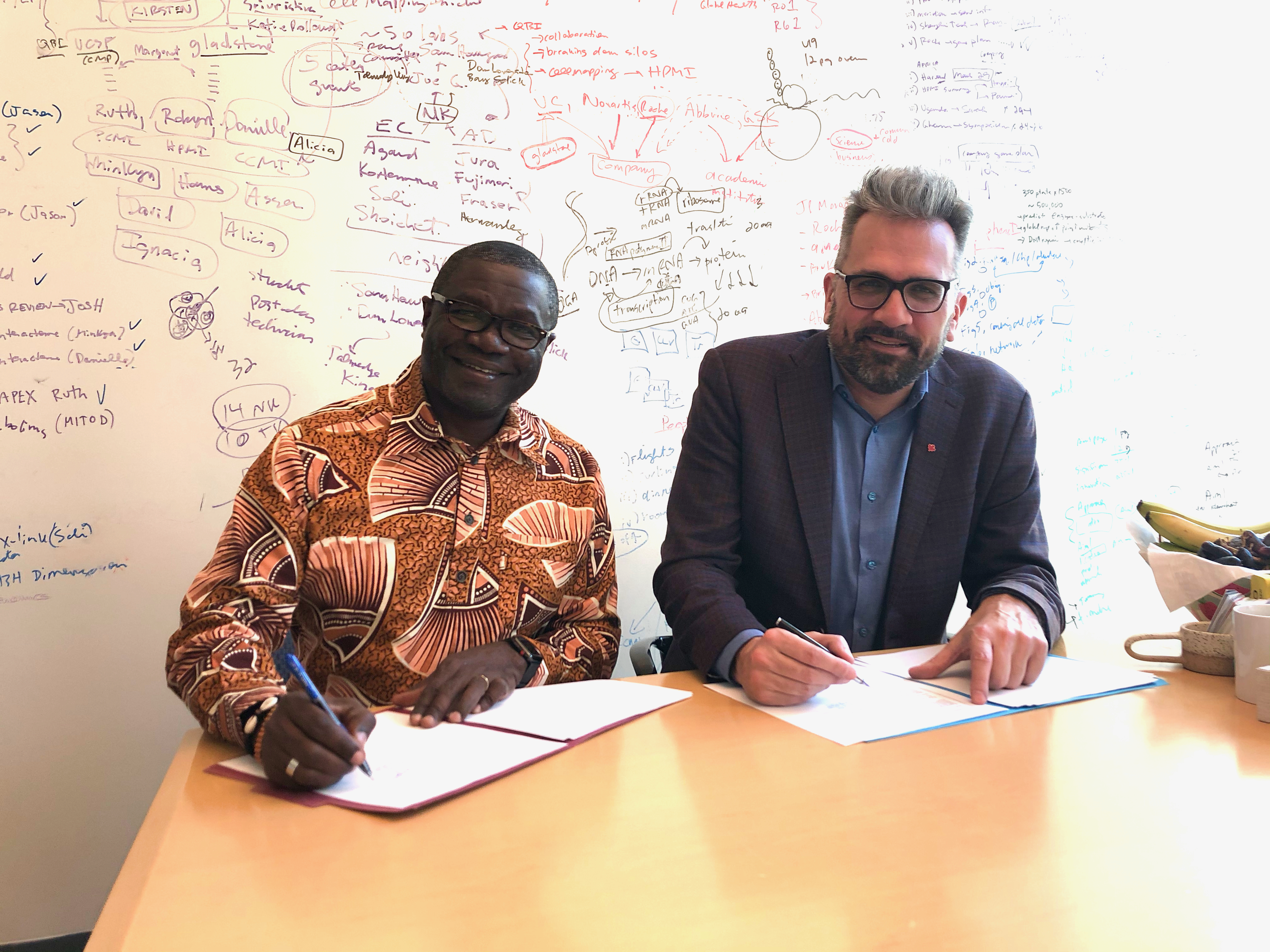
The African Centre of Excellence that is devoted to the genomics of infectious diseases (ACEGID) at Redeemer’s University has a mandate to build capacity in the field of genomics in young African scientists and use identify and characterize pathogens of unknown origin using microbial metagenomics. The center aims to translate the research outcome to products that can be deployed to the field in order to contribute to the control, manage and eliminate infectious diseases in the African continent
The Leloir Institute Foundation (FIL) is dedicated to research and training young scientists. Their mission is to promote the highest standards of excellence both in the projects carried out in their laboratories and in the training of human resources.

The Division of Infectious Diseases is at the forefront of research, treatment and prevention of infectious diseases, including HIV/AIDS, travel medicine, transplant infectious diseases, and co-infection of HIV/HCV. In addition to the robust clinical services to those with HIV infection, the faculty in the division provide infectious disease consultation on both in-patient and out-patient service areas, offering expert guidance on travel medicine, hepatitis infections, antimicrobial resistance and diagnosis/treatment for bacterial, fungal, mycobacterial, parasitic and viral infections.
Research conducted at the Faculty of Biochemistry, Biophysics, and Biotechnology at the Jagiellonian University includes contemporary biochemical, biophysical and biotechnological aspects of biological objects ranging from the molecular level through the cellular and up to the level of whole animal and plant organisms.